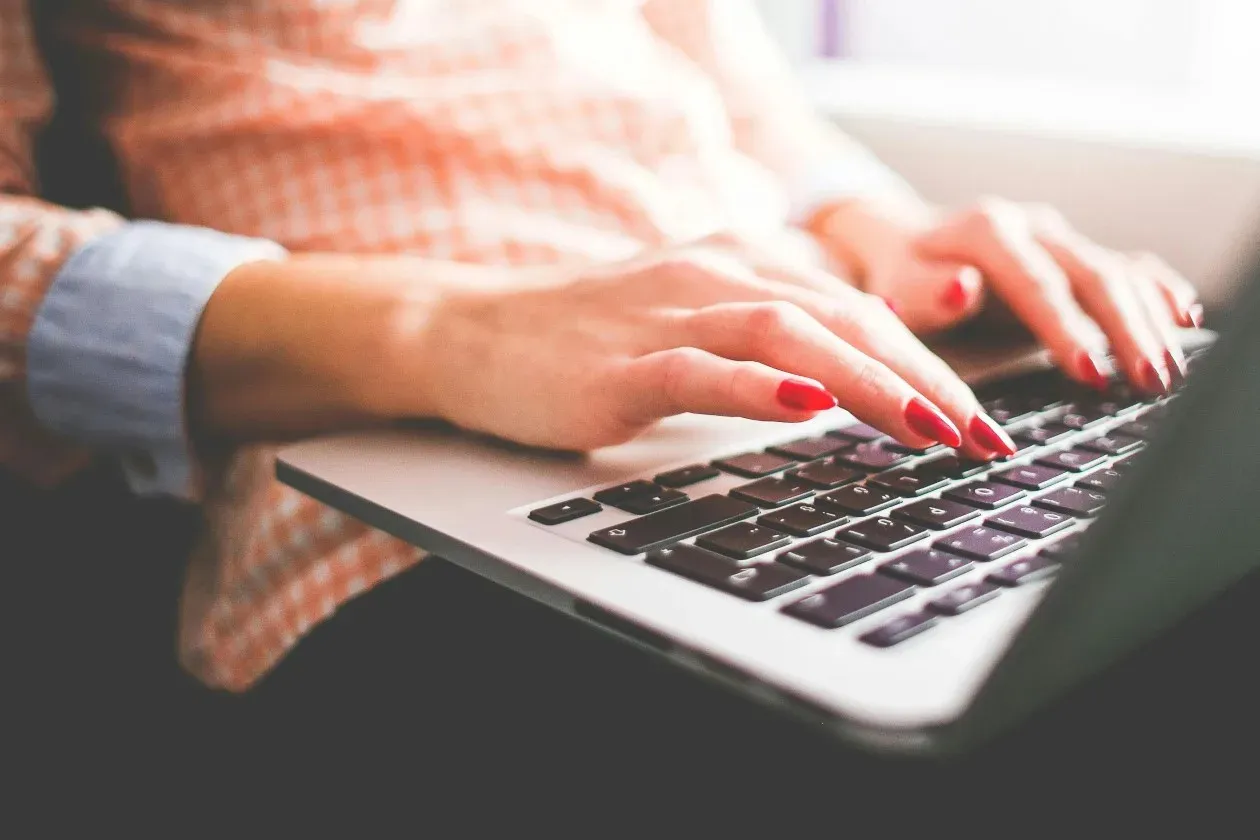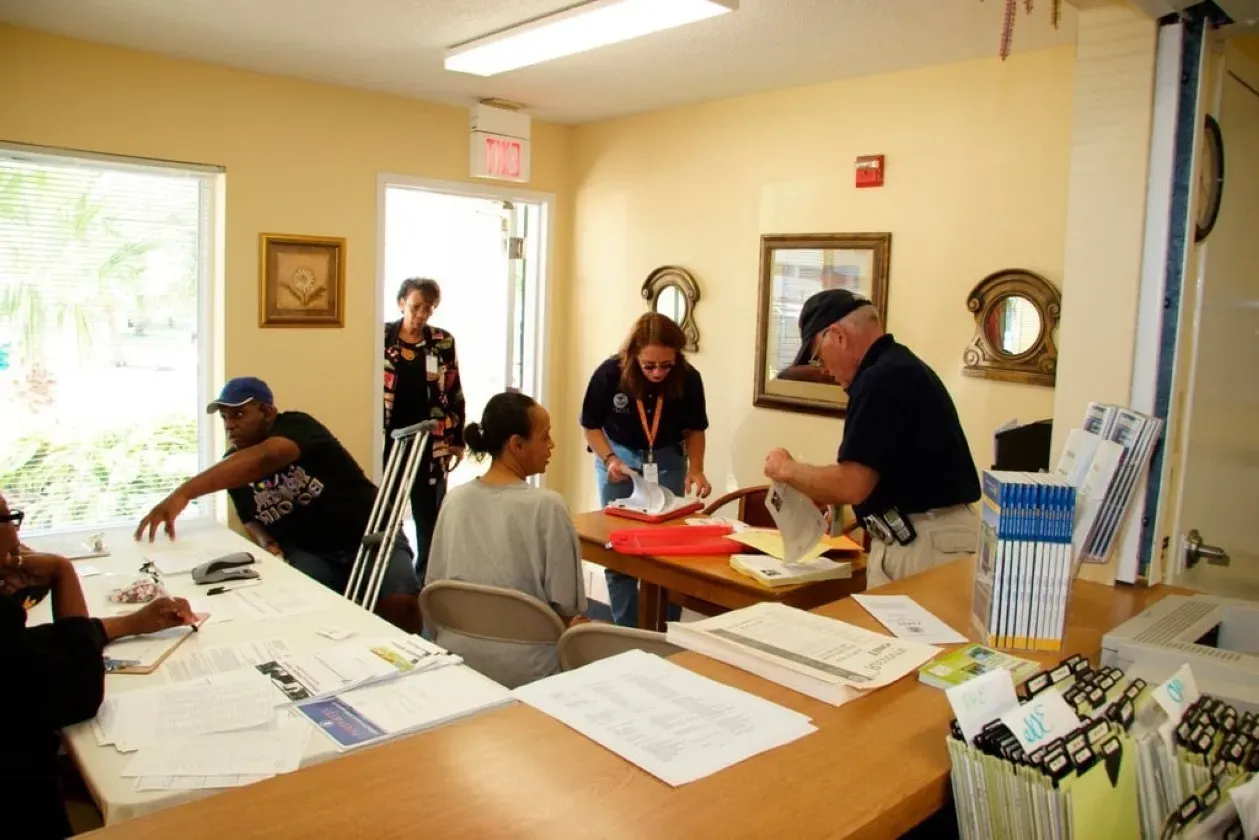How to Use Blockchain for Transparent Supply Chain Management
- 14 Sep, 2024
The Problem: Why Supply Chains Are a Mess
Ever wondered why a “100% organic” product still has pesticides? Or how “fair trade” coffee sometimes isn’t so fair? The supply chain—the path a product takes from raw material to your hands—is a tangled mess.
Companies rely on a web of suppliers, middlemen, and manufacturers, often spread across different countries. Tracking who does what is almost impossible. Mistakes happen, fraud sneaks in, and ethical promises get broken.
But what if you could see every step of the journey, from farm to factory to store? That’s where blockchain steps in.
What Makes Blockchain a Game-Changer?
Think of blockchain as a digital ledger that records every transaction permanently. It’s like a diary that can’t be erased, edited, or faked.
- Every transaction is verified by multiple computers.
- Data can’t be changed, only updated with a new record.
- Everyone in the chain sees the same information, reducing fraud.
It’s like having a WhatsApp group where every supplier, manufacturer, and buyer sees the same messages—no one can delete or edit past chats.
Now, let’s see how businesses are using blockchain to clean up their supply chains.
1. Tracking Raw Materials from the Source
Many companies claim to use sustainable materials, but how do you check? Blockchain can trace a product back to its origin.
Example: De Beers (Diamond Industry)
De Beers, one of the biggest diamond companies, uses blockchain to track diamonds from mines to stores. This helps ensure they aren’t “blood diamonds” funding violence.
How can small businesses use this? If you sell handmade clothes, you can work with fabric suppliers using blockchain to prove the cotton is organic and fairly sourced. Customers scan a QR code and see the fabric’s journey.
Bonus Tip: Add an NFT-based digital certificate for premium products. It builds trust and resale value.
2. Stopping Fraud in Ethical Outsourcing
Outsourcing is great, but how do you know if workers are treated fairly? Many brands outsource manufacturing to cheaper locations, only to find out later that child labor was involved.
Example: Starbucks and IBM Food Trust
Starbucks uses blockchain to track coffee beans from farmers to cafés. It helps ensure farmers get fair pay, and customers can scan a code to see their coffee’s journey.
For businesses using blockchain ethical outsourcing, suppliers must verify fair wages, safe conditions, and environmental impact. Since all data is recorded on the blockchain, suppliers can’t lie about their practices.
Pro Tip: Encourage ethical suppliers by offering a premium price for verified blockchain-tracked goods.
3. Stopping Counterfeit Products
Ever bought a branded product, only to realize later it was fake? Counterfeiting costs businesses billions every year.
With blockchain, each product gets a unique digital identity. Customers or retailers can scan a code and check if it’s genuine.
Example: Louis Vuitton & LVMH Group
They use blockchain to track luxury goods, preventing fakes from entering the market.
If you sell high-end goods, you can do the same. For example, a craft beer company can put blockchain-verified seals on bottles to prove authenticity.
Quick Tip: Partner with logistics companies that use blockchain. It prevents package tampering.
4. Making Supply Chains Faster and Cheaper
Delays and miscommunication slow down deliveries. Blockchain automates approvals, payments, and record-keeping, saving time and reducing costs.
Example: Walmart & Hyperledger Fabric
Walmart uses blockchain to track food supply chains. Earlier, it took them 6 days to trace contaminated lettuce. Now, it takes 2.2 seconds.
Even small businesses benefit. Say you import spices. If customs authorities use blockchain, approvals happen instantly, avoiding shipment delays.
Pro Tip: Use smart contracts—self-executing agreements on blockchain that release payments only when suppliers meet agreed terms.
5. Reducing Waste and Returns
A shocking amount of food and goods get wasted due to overproduction or supply chain errors. Blockchain helps companies optimize inventory and reduce waste.
Example: Carrefour Supermarkets
They use blockchain to track perishable goods. If a batch of milk is nearing expiry, stores get real-time updates, allowing them to discount and sell it before waste happens.
For businesses, blockchain can predict demand, helping order the right amount of stock. If you run an online store, you can reduce excess inventory and avoid costly returns.
Easy Fix: Use blockchain-powered AI to analyze buying trends and adjust stock levels.
How to Get Started with Blockchain in Your Business
Thinking blockchain is only for big corporations? Not true. Small businesses can start with:
- Blockchain-based QR Codes – Add them to products for supply chain transparency.
- Supply Chain Platforms – Platforms like VeChain, IBM Food Trust, and Provenance offer blockchain tools for tracking.
- Smart Contracts – Automate payments and supplier agreements on Ethereum or Hyperledger.
You don’t need deep tech skills—many blockchain solutions are plug-and-play.
What’s Next for Blockchain in Supply Chains?
More businesses are shifting to transparent, ethical supply chains. Soon, customers will demand proof of sustainability before buying.
If you’re in blockchain ethical outsourcing, adopting blockchain early gives you an edge. Plus, it builds trust with conscious consumers.


